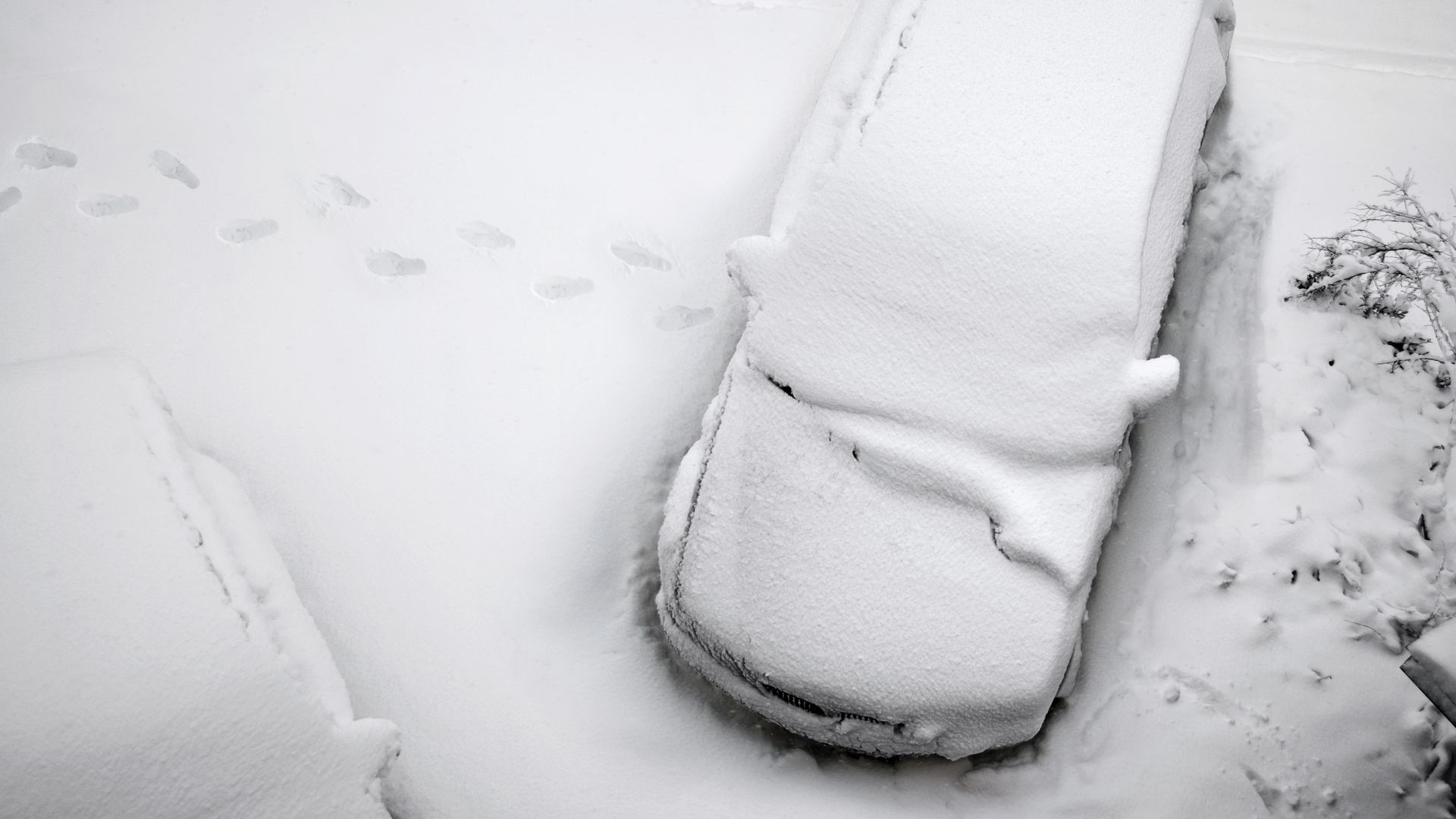Nov 16, 2019 - Energy & Climate
Cost of heating oil looms over northeast U.S.
Add Axios as your preferred source to
see more of our stories on Google.

Photo: Hype Photography/Getty Images
Add Axios as your preferred source to
see more of our stories on Google.

Photo: Hype Photography/Getty Images